News
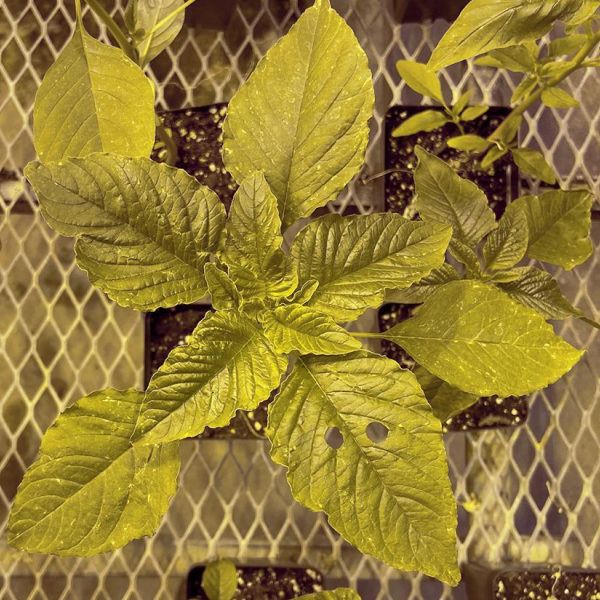
Jun 23, 2025
Multistate herbicide-resistant weeds study aims to protect soybean crops
New grant will fund development of rapid testing to detect herbicide-resistant weeds in soybean fields; to gain a better understanding of plant mechanisms that contribute to resistance.
Full Article
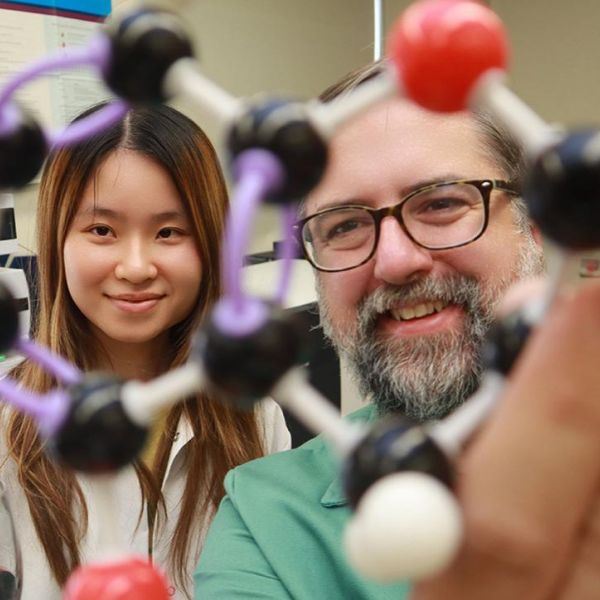
Jun 11, 2025
‘Fingerprinting’ plant compounds helps explain food, drink tastes
Researchers develop method to determine what compounds affect bitter taste, mouthfeel in wine, dark chocolate, and other foods and drinks.
Full Article
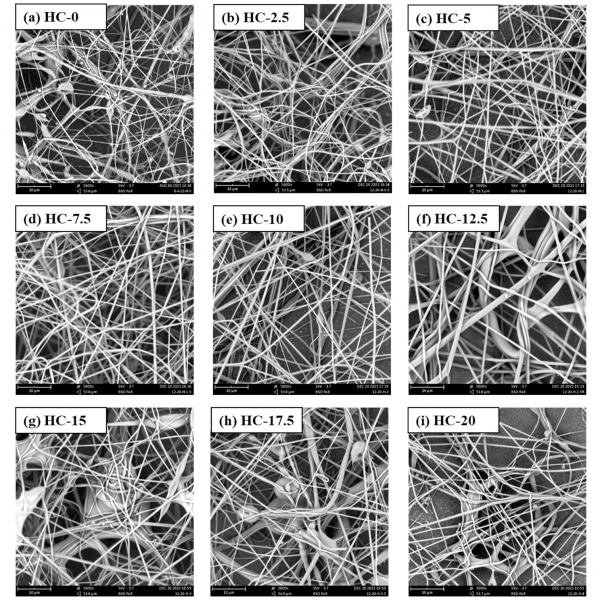
Jun 09, 2025
Edible, biodegradable fibers made from milk protein, cellulose
Milk protein and cellulose derived from plants may be the next big thing in sustainability, thanks to a first-of-its-kind advancement made by researchers at Penn State.
Full Article

Jun 03, 2025
Penn State’s Youth Food Lab attends UN Science, Technology, Innovation forum
Penn State’s College of Agricultural Sciences was represented on the global stage as faculty and students participated in the United Nations’ 10th Multi-stakeholder Forum on Science, Technology and Innovation for the Sustainable Development Goals, held at U.N. headquarters in New York City earlier this month.
Full Article
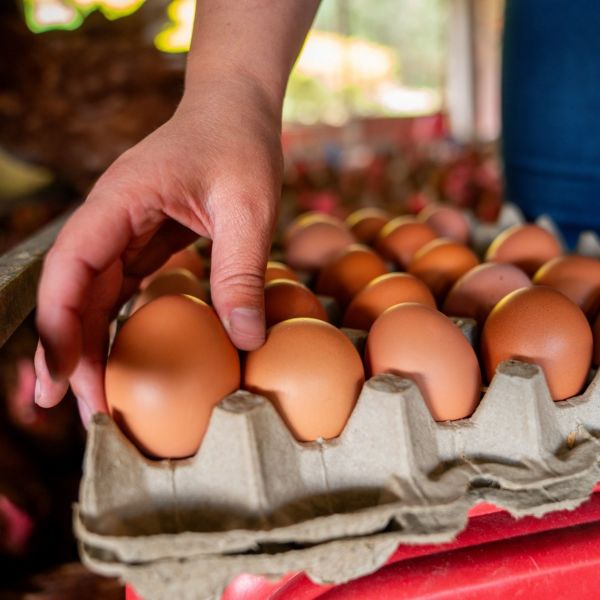
May 07, 2025
Common diabetes drug helps chickens lay more eggs
Metformin, a drug commonly prescribed to humans, could be a game-changer for farms and food production, researchers said.
Full Article
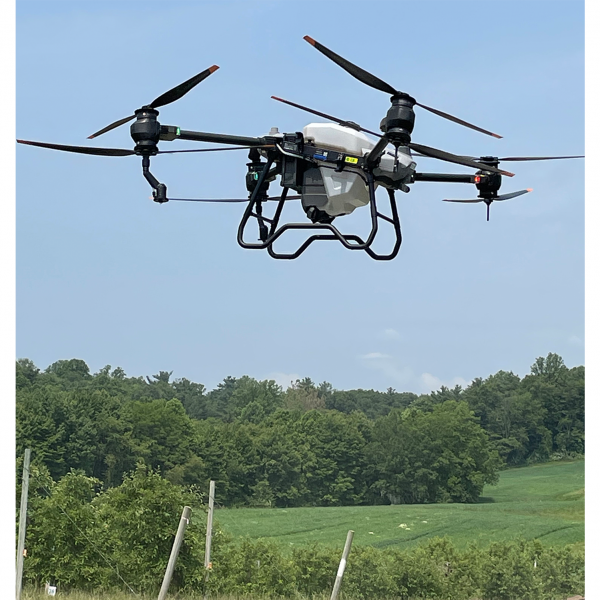
Apr 25, 2025
Are drones the future of tree fruit production? Researchers investigate
A team of researchers in Penn State’s College of Agricultural Sciences is addressing the growing interest among tree fruit growers in Pennsylvania and the Northeast in adopting drone-based spraying systems for high-density apple and peach orchards.
Full Article
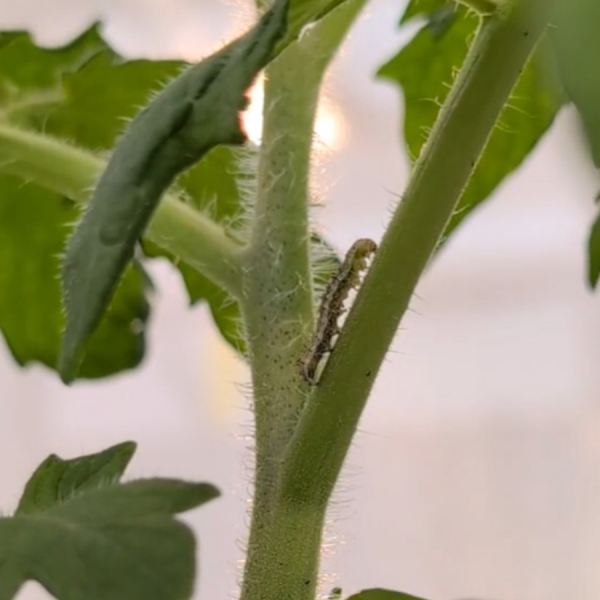
Apr 16, 2025
Feeling salty? Increased salt stress reduces tomato pest activity
Increased soil salinity can reduce damage from prominent tomato pests such as the tomato fruitworm, according to researchers at Penn State. They published their findings in the Journal of Plant, Cell and Environment.
Full Article
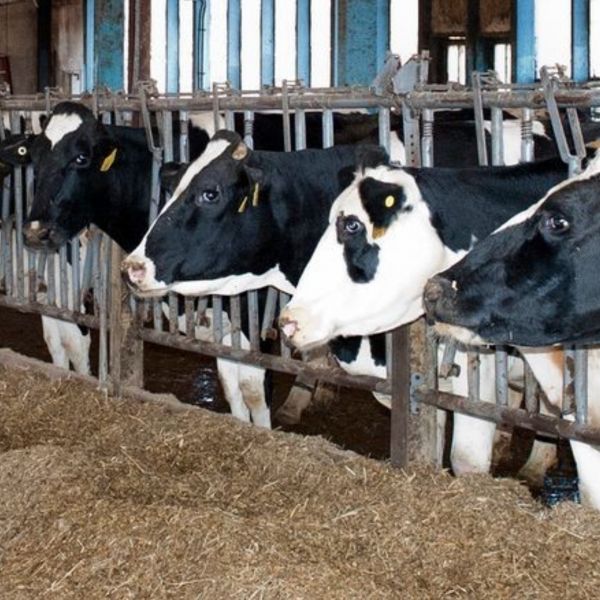
Apr 08, 2025
Feeding dairy cows whole cottonseed byproduct boosts milk fat, researchers find
In a new study, a team led by researchers at Penn State demonstrated that supplementing dairy cattle feed with 15% whole cottonseed can increase milk fat concentration and yield.
Full Article
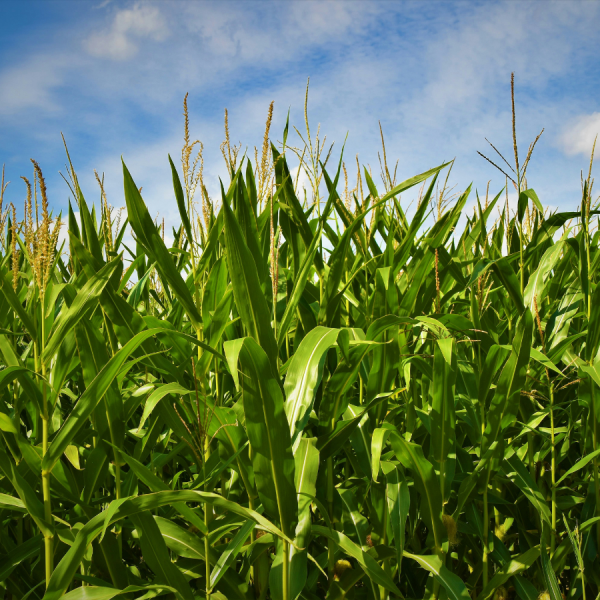
Mar 24, 2025
Insecticides may contribute to bigger problems with certain weeds
Insecticides may help growers hoping to protect their crops from harmful insects, but they also may contribute to a larger amount of some weeds, according to a study led by researchers at Penn State.
Full Article
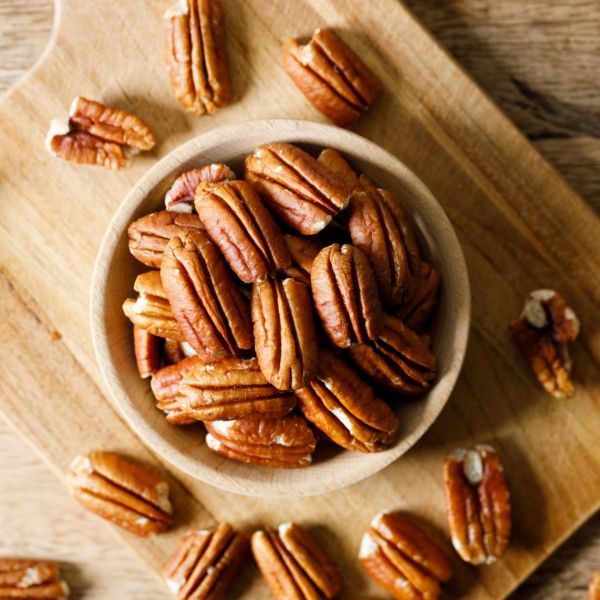
Mar 17, 2025
Replacing other snacks with pecans may improve cholesterol, diet quality
Switching daily snack foods to pecans improved cholesterol levels and enhanced overall diet quality, according to a new study by researchers in the Penn State Department of Nutritional Sciences.
Full Article